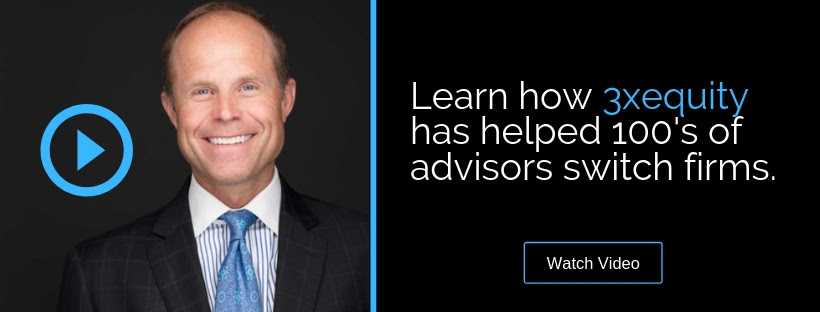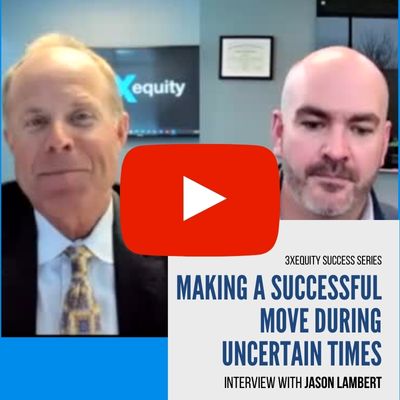
Is the RIA Route Right for You?
Think before you leap toward the RIA status
It sounds so appealing — going on your own! The freedom to run our own business, fleeing from the
pressure of quotas and the mandate to promote proprietary products can be tempting. Many a seasoned
advisor has considered making the leap to registered independent advisor (RIA), or starting with a hybrid
model to dip their toes in the waters. Predictions reveal registered independent advisors will soak up 28% of the market share by 2018, so we understand why it all sounds so appealing.
Still, not so fast. It’s a big decision. Slow down and give serious consideration to why you’re making the change. Ask yourself a few critical questions:
First, where does the majority of your book come from?
Analyze the assets for which you are responsible. Are you mostly doing commission-based or advisory business, the latter of which is fast becoming the norm? If at least 50% of your book comes from advisory business, it’s typically a better time to consider going as a registered independent agent (RIA).
Total assets under your management should also count. A good benchmark dictates you should have achieved $100 million AUM before making the change. If you’re sitting at less than 50%, consider operating under a corporate firm’s RIA to mitigate fees until you’re ready. Once advisory business hits 70%, it might make more sense to customize offerings by creating a hybrid RIA. Proceed with caution!
Next, what’s motivating the urge to make the move? There are all kinds of reasons advisors want to make the switch. Many want to build more robust firms and invite additional reps on board. Sometimes advisors outpace the resources and support the broker-dealer offers, especially when the broker-dealer prioritizes the needs of the client over those of the broker. Sounds like a reasonable time to move, right?
Still, some advisors get stuck, unable to make the switch because they fear their more boutique firms will never match the credibility and established business structures of high profile names. But often smaller firms inspire more trust and confidence because it’s your name on the door — your risk, your gain. If you’re confident in your expertise and ability to garner continued new business, then prepare … and proceed with caution.
Finally, can you thrive under complete autonomy? It’s downright tantalizing to think about freedom, but not everyone is cut out for being his or her own boss. Some people depend on the structure of managers and deadlines to stay ahead of the game. Being your own boss also means you’ll have to invest extra time building a brand, searching for office space, securing equipment, developing business processes, managing compliance, and coping with the intricacies of hiring and retaining staff. That responsibility is all yours. Then again, it’s all yours!
If you’re making the leap from a wirehouse and relied heavily on commissions and structure, it may take time to adjust: the RIA model requires the most independence. But if you’re focused, determined, and confident, building your own business from the ground up can be an exhilarating change. As with any critical transition, take time to evaluate your decision, seek wise counsel, and list out the pros and cons. A cautious “no” is better than a quick “yes!”
You can always consider the same question later.




